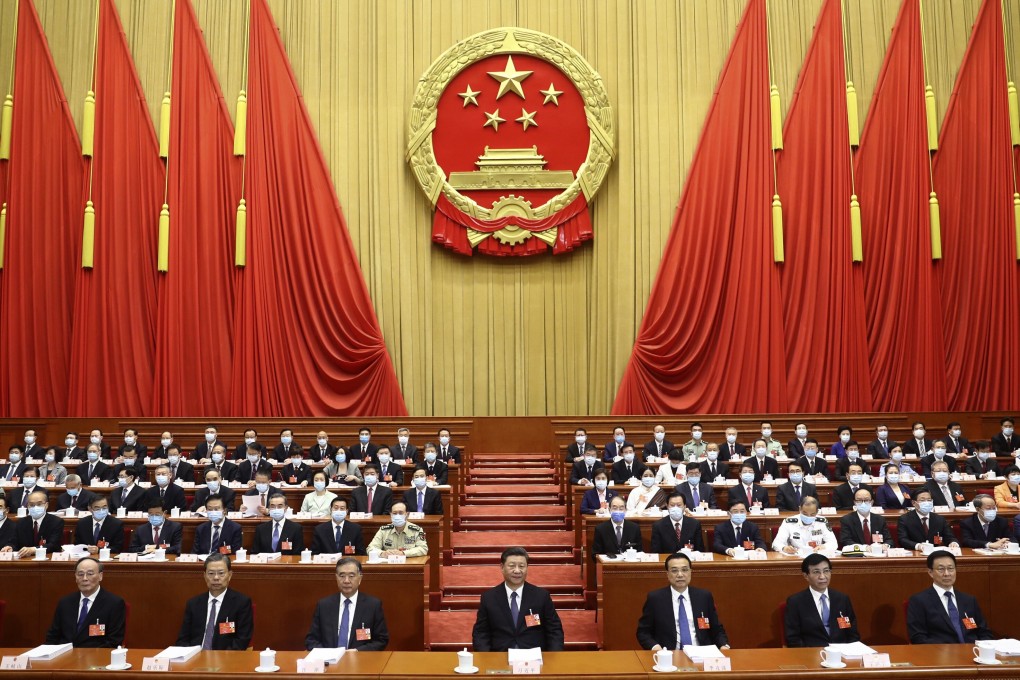After six decades, countdown to vote on China’s draft civil code
- Legislation expected to bring together a range of laws under one umbrella and go to a vote on Thursday
- Proposed code to underscore Beijing’s commitment to private property but the key to its success will be enforcement, analyst says

On Friday, NPC vice-chairman Wang Chen said the draft would directly affect the lives of the country’s 1.4 billion people.
The new law, which covers property, contracts, personal rights, marriage and family, inheritance and torts, has received nearly 900,000 public comments since the NPC started its annual session last week. Most comments focused on issues such as renewal of land leases and how to handle divorces.

02:18
Two Sessions 2020: China sets no GDP target for first time, defence spending growth slows
Wang Jiangyu, director of the centre for Chinese and comparative law at City University of Hong Kong, said that while the new civil code was largely an amalgamation of existing laws, its passage would “send a strong message to China’s private sector about [Beijing’s] political will to protect private rights and property”.
“While China seems to be tightening up on the political front, the enactment of the civil code in China’s most watched political event can still be seen as the Chinese government’s reaffirmation of respect for and protection of private property, a principle that was first officially enshrined in [2008],” Wang said.